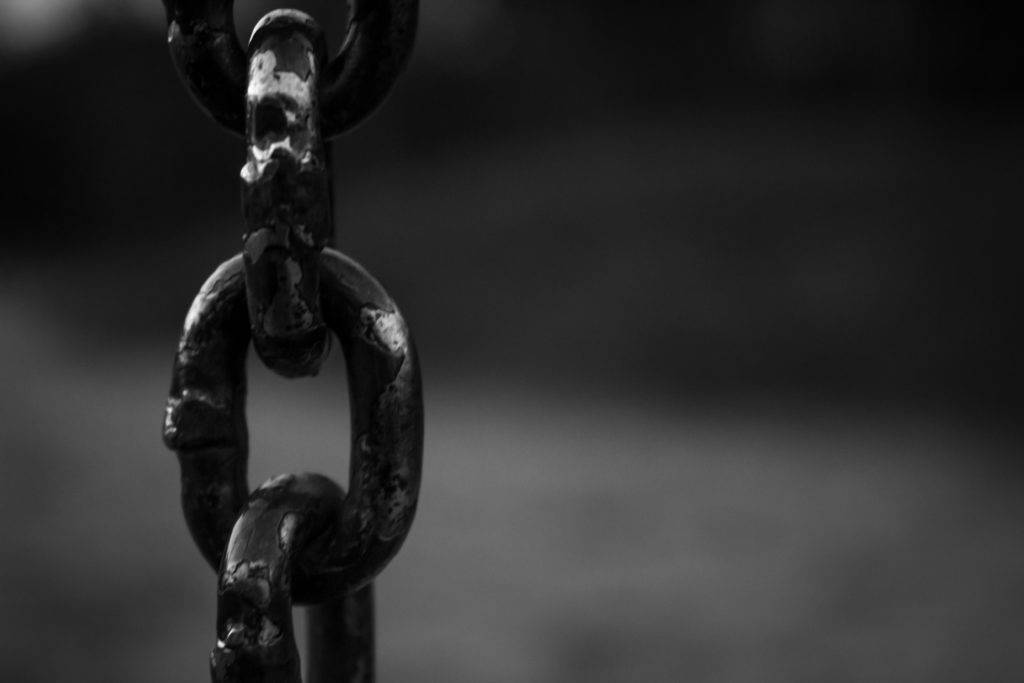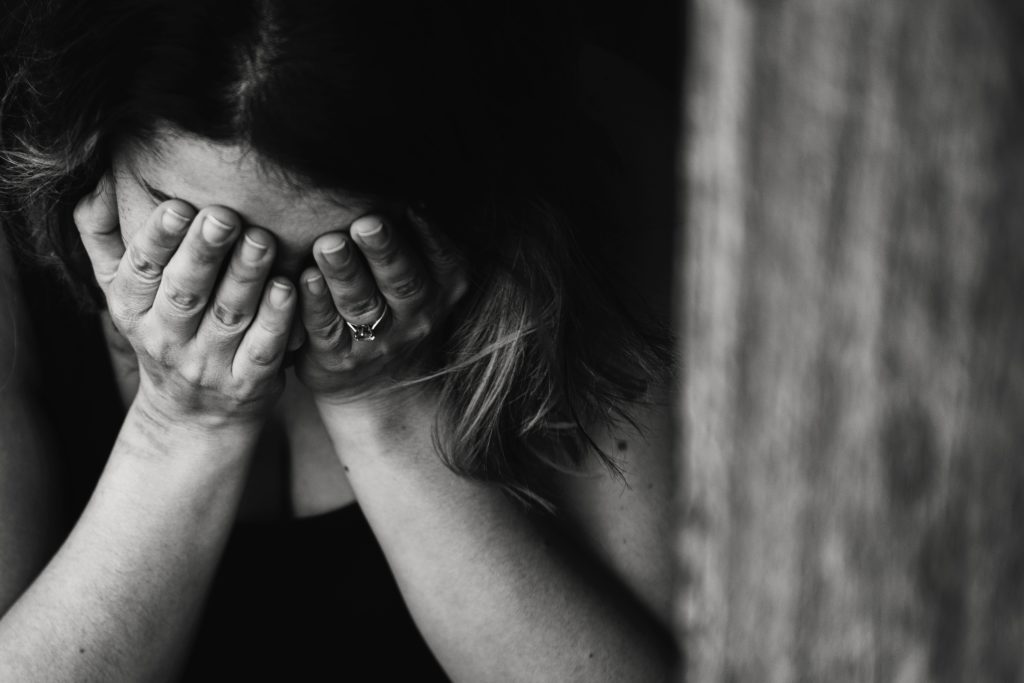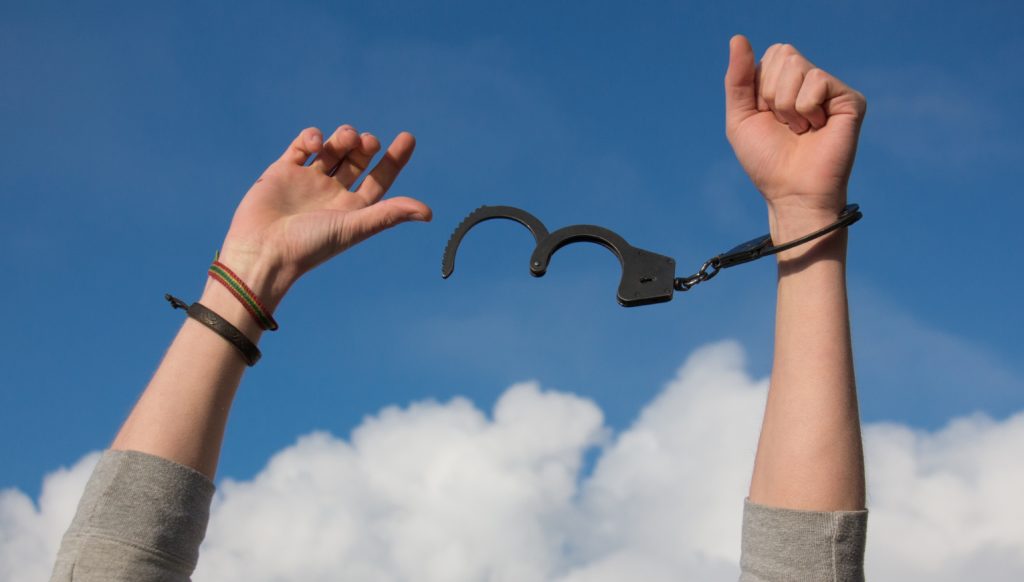What is Modern Day Slavery?
On 2nd December it is the anniversary day of the international day for the abolishment of slavery. This was created by the United Nations and marks the day in 1949 when the adoption of the UN’s suppressions of the Traffic in Persons and of the Exploitation of the Prostitution of Others act. This covers sexual exploitation, forced marriage, trafficking people and recruitment of children for armed conflict and work. At the moment it is estimated that 21 million people are enslaved in the world, which generates around 150 billion US dollars in illegal profits every year.

There are no typical victims of slavery. Victims can be men, woman and children of all ages, ethnicities, and nationalities, and cut across the population. However, it is normally seen more in the most vulnerable, or minority or socially excluded groups. Poverty, limited opportunities at home, lack of education, unstable social and political conditions, economic imbalances, and war are some of the key elements that can cause someone’s vulnerability in to becoming a victim of modern slavery. Often people face more than one type of abuse and slavery. For example, being sold on at another trafficker and then forced into another form of exploitation.
In the UK, 26% of people effected by slavery were British, followed by Albanian 16% and Vietnamese 8%. British people are trafficked in many ways. These could include:
• Homeless people offered jobs that turn out to come with threats and without pay
• Teenagers groomed by gangs into criminal acts such as shoplifting
• Young people and adults coerced or manipulated to act as drug couriers or dealers
• Girls and women forced into prostitution by abusive partners or by organised criminals.

If someone has been affected by these forms of slavery, they are able to go to a safe house where teams are able to help them get back on the right path. The UK parliament also bought in the Modern Slavery Act of 2015, to ensure that people are not enslaved by:
• Their property or Chattel Slavery
• Government forced labour
• Prison Labour
• Debt or loans
• Forced migrant labour
• Sex
• Forced or child marriages
• Child labour
• Work – domestic servitude or working without breaks, long hours and bad conditions and not being payed

The act makes it a crime to conduct any of these activities and more can be found out on the governments website about the act.
There are a few signs that someone may have been forced into slavery include lack of identity documents, lack of personal possessions, clothing that is unsuitable or has seen much wear, poor living conditions, reluctance to make eye contact, unwillingness to talk or seek help.
If you think yourself or someone you know is a victim of modern-day slavery you can call: 08000 121 700.
You can also go to www.unseenuk.org to find our more information and get support for modern day slavery. If it is more serious and you think someone is committing an act of modern slavery, getting in touch with the police is the best thing to do.





